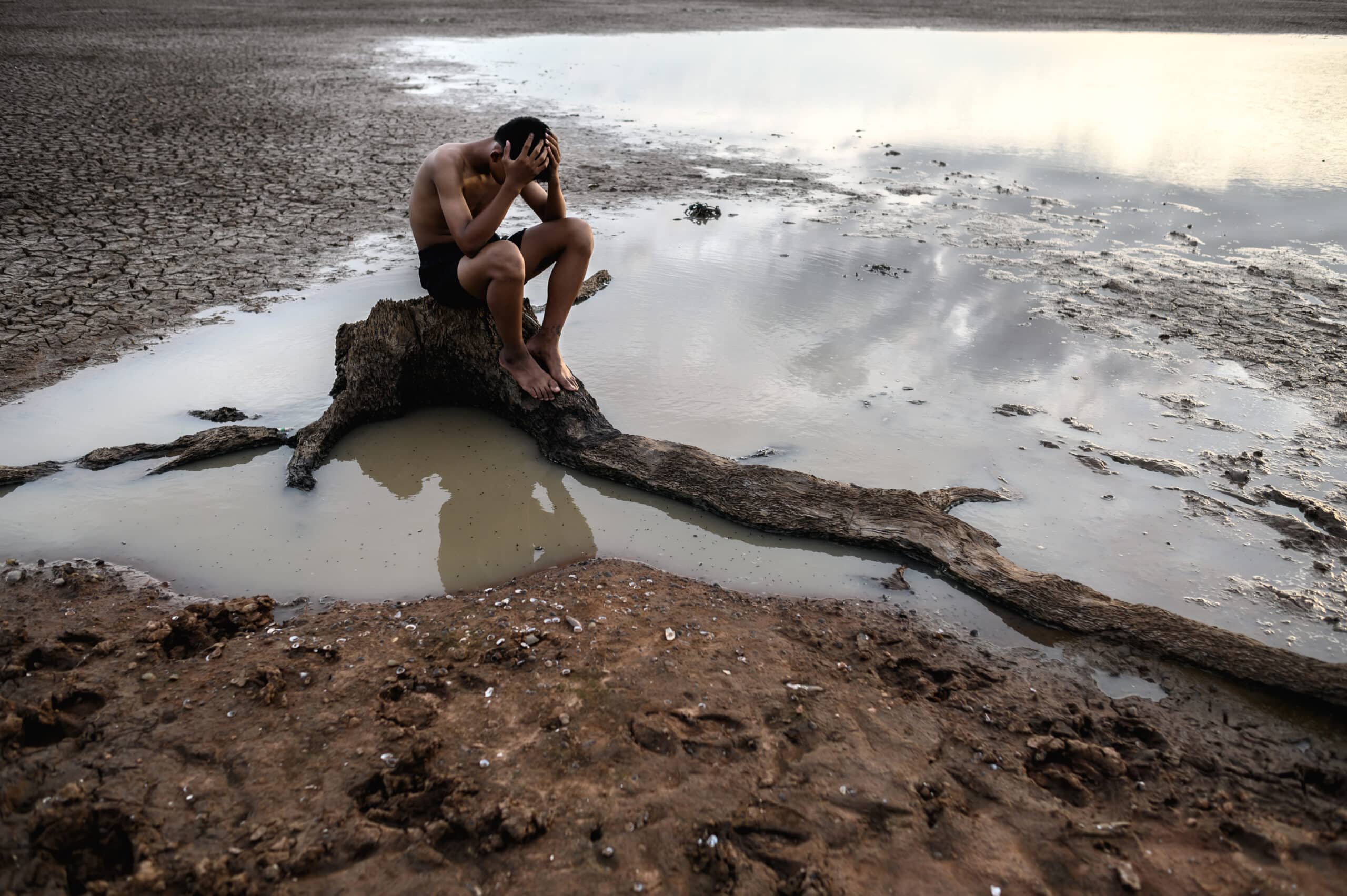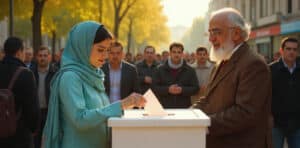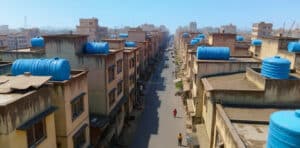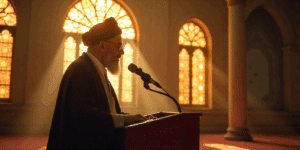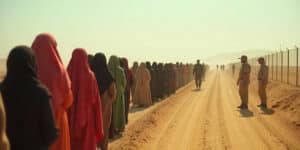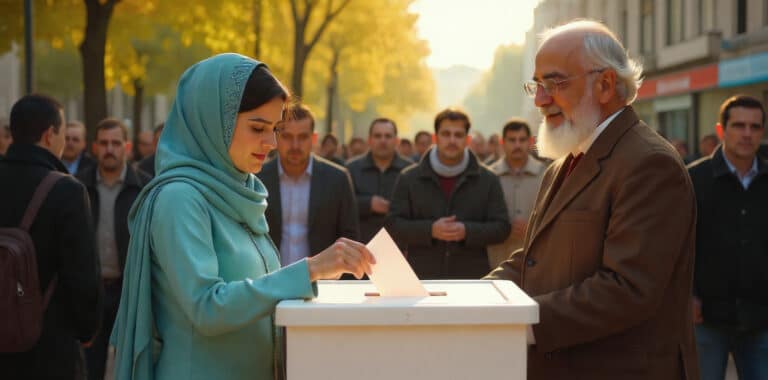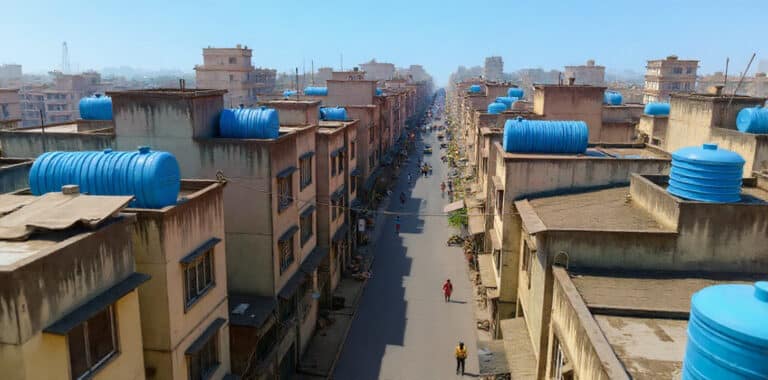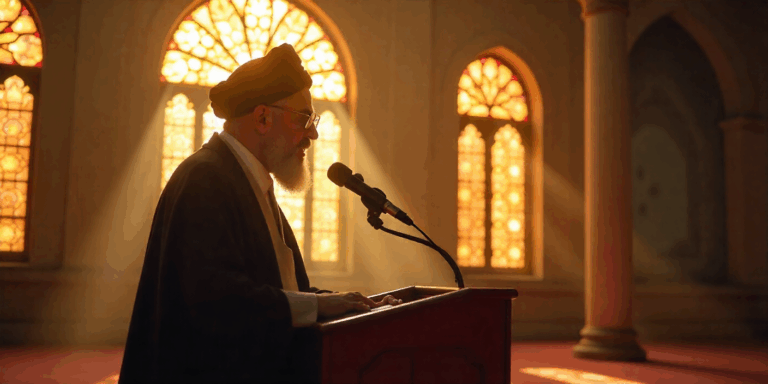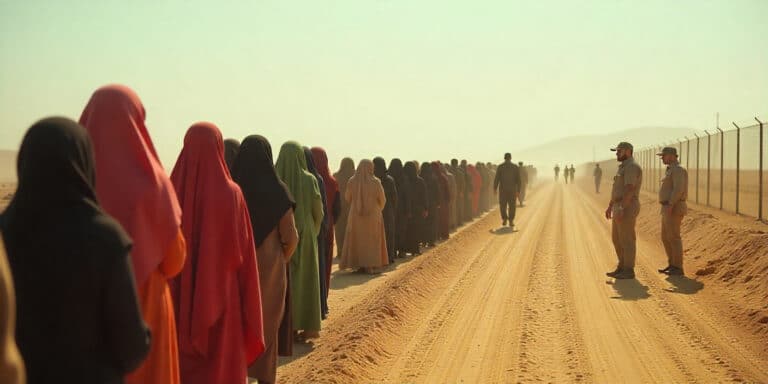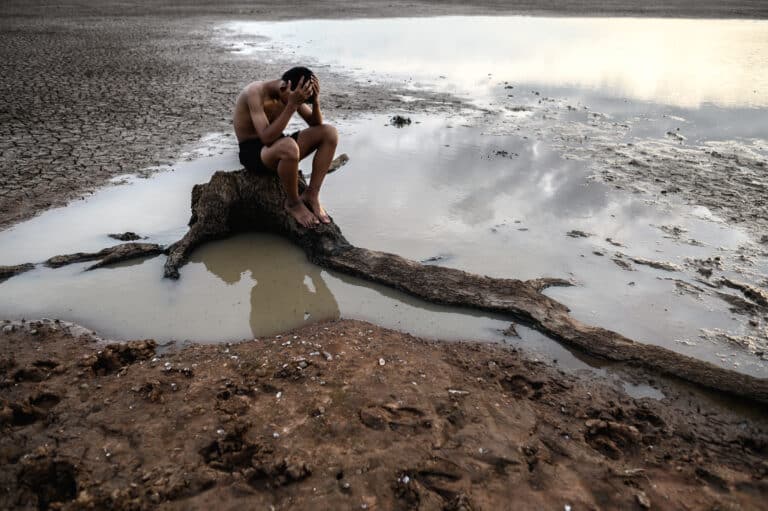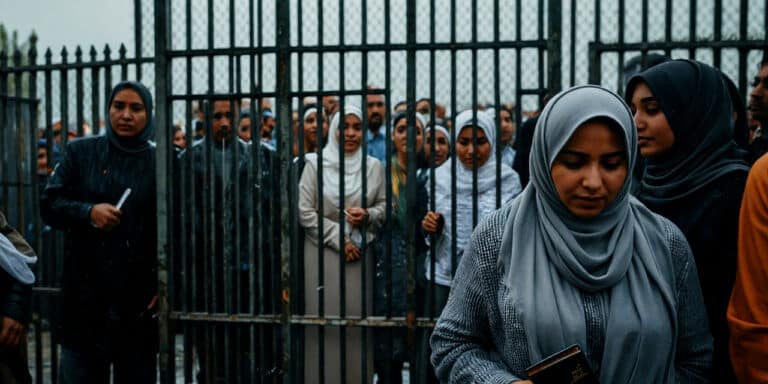Iran’s water crisis has escalated to a critical point, with experts predicting total depletion within weeks. Reservoirs are currently holding only 14% of their total capacity, marking the lowest level recorded in the past century. With water systems strained by surging demand, authorities proposed an official “heat holiday”, to curb water and electricity consumption. Fatemeh Mohajerani, a government spokeswoman warned similar closures could occur in other cities, suggesting citizens to “go on holiday”, despite the economic harm this causes.
Iran executed two opposition members, Mehdi Hassani and Behrouz Ehsani-Eslamloo, on July 27. The dissenters were accused of using improvised mortars to target schools, government buildings, and residential areas. Both individuals were affiliated with the exiled Mujahedeen-e-Khalq (MEK) organization. Maryam Rajavi, MEK’s leader posted on X’, “This brutality only intensifies the outrage of the Iranian people and reinforces the determination of Iran’s courageous youth to bring an end to this theocratic tyranny”. This marks the first execution of MEK members since 2009.
A major oil smuggling operation was exposed by United states authorities. A British‑Iraqi businessman, Salim Ahmed Said, was sanctioned for orchestrating a major smuggling operation that routes billions in oil revenues to the IRGC via forged paperwork and ship‑to‑ship transfers.
At least six civilians killed in militant attack on a courthouse in southeast Iran on July 27. Jaish al‑Adl militants stormed a courthouse in Sistan‑Baluchestan, killing six people, including a mother and child, and wounding 22 others; Three militants were killed.
The Director General of the International Atomic Energy Agency (IAEA), Rafael Grossi, announced that Iran has expressed a willingness to re-engage in technical-level discussions regarding its nuclear program. This development marks a potential diplomatic opening after months of limited cooperation and heightened international concern over Iran’s nuclear advancements. Grossi agreed to send an IAEA technical team to visit in the coming weeks. Iranian Foreign Ministry spokesperson, Esmail Baghaei, highlighted that the visit will not include access to nuclear facilities or formal inspections. While no specific timeline has yet been finalized, Grossi stated “I hope it will be the beginning of something more structured”.

